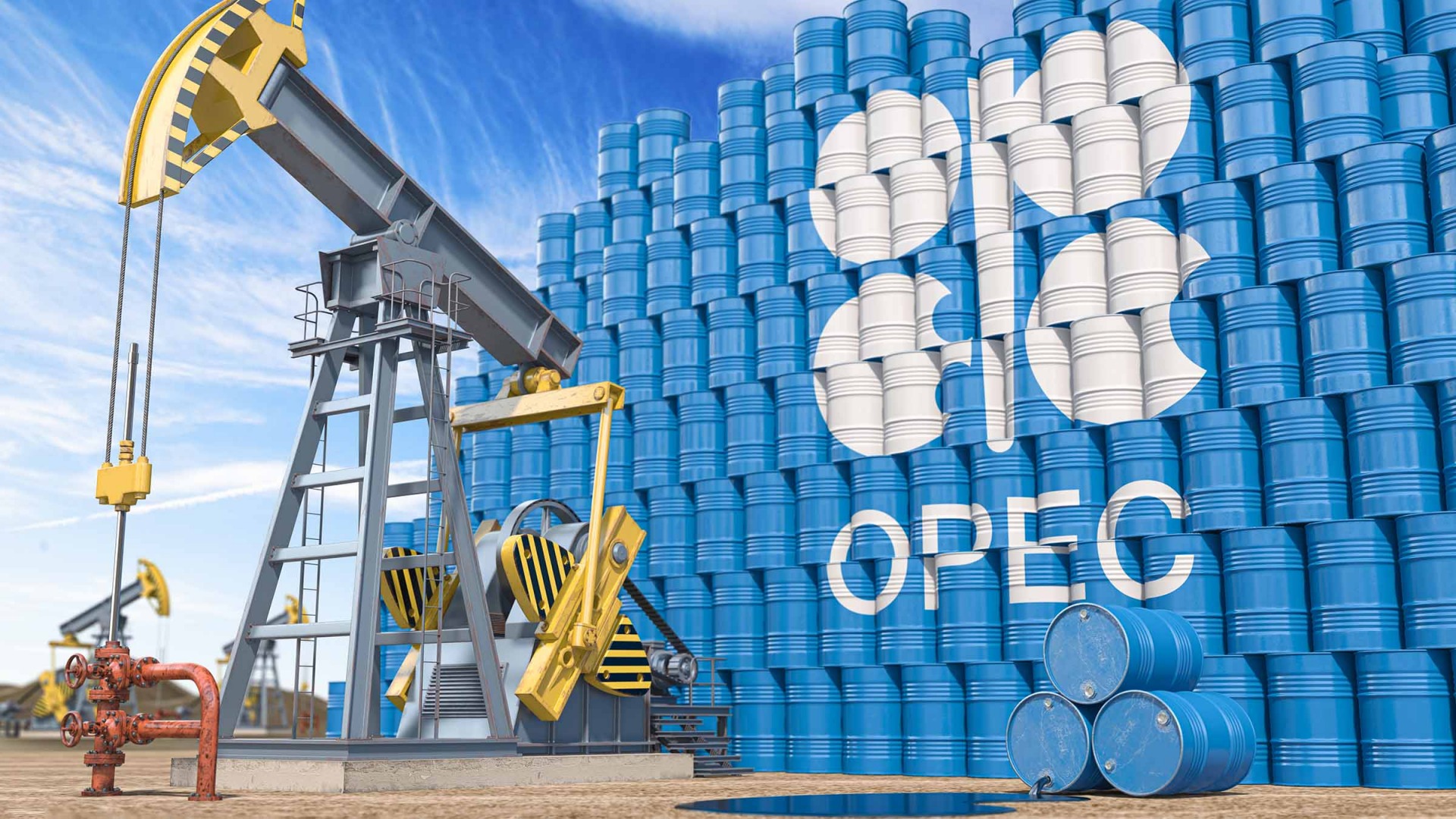Comments
- No comments found

High oil prices are a symptom of economic and monetary imbalances, not just a consequence of OPEC decisions.
Throughout history, we have seen how OPEC cuts have done little to elevate prices when diversification and technology added to rising efficiency.
Likewise, OPEC output increases do not necessarily mean lower prices, let alone reasonable ones. OPEC helps but does not solve price issues, even if they would probably like to.
The problem in the oil market has been created by years of massive capital misallocation and underinvestment in energy created by extremely loose monetary policies directed by governments that have penalised capital expenditure on fossil fuels for ideological reasons.
Misguided activism and political nudging in the middle of massive monetary injections have created massive bottlenecks and underinvestment that hinder both security of supply and a technically feasible competitive energy transition.
Massive injections of liquidity have caused a double side effect. Rising malinvestment in non-productive activities and now, a large inflow of capital into so-called “value” areas: More money directed to relatively scarce assets. Energy has gone from a consensus underweight to a large overweight, exacerbating the price increase. The marginal barrel of oil has risen almost 60% in a year despite supply rising in tandem with demand.
According to JP Morgan, the required capital expenditure in energy required to meet demand is $600 billion for the period 2021-2030. This “cumulative missing capex” is part of the problem.
The other important problem is artificial demand created by chains of stimulus plans. As we explained in this column, adding enormous energy-intensive infrastructure plans to a re-opening economy where some supply bottlenecks have been worsened generates the same effect on energy prices as a huge speculative bubble.
Political intervention has also created an important price impact on the marginal barrel of oil. Threatening to ban domestic development of energy resources in the United States or announcing the prohibition of fossil fuel investment in some European summits makes the net present value of the long-term marginal barrel higher, not lower. Why? Because those threats are not made with sound technical analysis and robust supply and demand estimates, but with political agendas. Any serious engineer that understands the importance of security and supply and technology development understands that a successful energy transition to a greener economy requires solid and realistic targets and policies that avoid an energy crisis. Those have been forgotten.
OPEC is benefitting from high oil prices but not as much as one would think. The OPEC Reference Basket (ORB) has $68.33/barrel year-to-date, a large 68.4% increase over the same period last year, but still massively below the elevated levels prior to the 2008 financial crisis. Furthermore, OPEC and non-OPEC supply have risen in tandem with demand. Global liquids production in October increased by 1.74 mb/d to average 97.56 mb/d compared with the previous month. The US liquids production growth forecast for 2021 has been revised up by 19 tb/d and expected to be 17.57 million barrels/day in 2021. Imagine where oil and gas prices would be if the political threats to ban or severely penalize domestic production would have been enforced.
Let us not forget that OPEC has also revised down the estimates of global oil demand to 96.4 million barrels a day in 2021. Supply remains ample and the United States administration should also see that Russia and the US are expected to be the main drivers of next year’s supply growth. Without Russia and the US production prices would soar no matter what OPEC partners or Saudi Arabia alone do.
We are suffering the combination of misguided energy policies, excessive money creation and ill-timed giant construction plans. OPEC and its partner Russia may alleviate this, but not change it dramatically. Furthermore, as time passes and underinvestment becomes more severe, OPEC’s ability to curb prices weakens. We cannot forget that OPEC and Russia account for less than half of total world supply. They matter but putting two more million barrels a day of supply in the market does not solve the long-term price problem.
Energy prices will decline with more technology, investment and diversification, not empty political threats.
Daniel Lacalle is one the most influential economists in the world. He is Chief Economist at Tressis SV, Fund Manager at Adriza International Opportunities, Member of the advisory board of the Rafael del Pino foundation, Commissioner of the Community of Madrid in London, President of Instituto Mises Hispano and Professor at IE Business School, London School of Economics, IEB and UNED. Mr. Lacalle has presented and given keynote speeches at the most prestigious forums globally including the Federal Reserve in Houston, the Heritage Foundation in Washington, London School of Economics, Funds Society Forum in Miami, World Economic Forum, Forecast Summit in Peru, Mining Show in Dubai, Our Crowd in Jerusalem, Nordea Investor Summit in Oslo, and many others. Mr Lacalle has more than 24 years of experience in the energy and finance sectors, including experience in North Africa, Latin America and the Middle East. He is currently a fund manager overseeing equities, bonds and commodities. He was voted Top 3 Generalist and Number 1 Pan-European Buyside Individual in Oil & Gas in Thomson Reuters’ Extel Survey in 2011, the leading survey among companies and financial institutions. He is also author of the best-selling books: “Life In The Financial Markets” (Wiley, 2014), translated to Portuguese and Spanish ; “The Energy World Is Flat” (Wiley, 2014, with Diego Parrilla), translated to Portuguese and Chinese ; “Escape from the Central Bank Trap” (2017, BEP), translated to Spanish. Mr Lacalle also contributes at CNBC, World Economic Forum, Epoch Times, Mises Institute, Hedgeye, Zero Hedge, Focus Economics, Seeking Alpha, El Español, The Commentator, and The Wall Street Journal. He holds a PhD in Economics, CIIA financial analyst title, with a post graduate degree in IESE and a master’s degree in economic investigation (UCV).
Leave your comments
Post comment as a guest